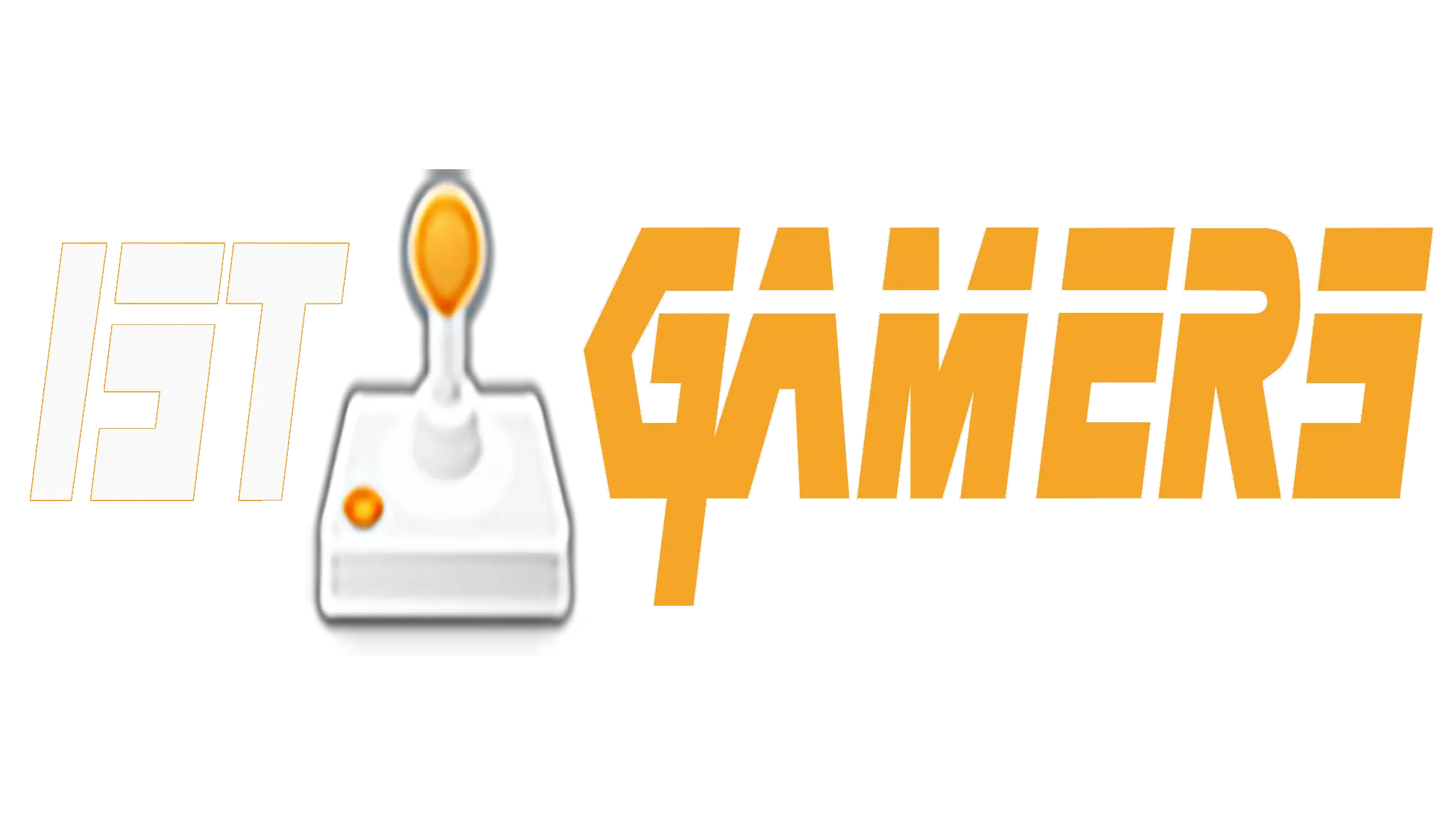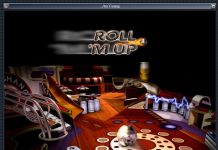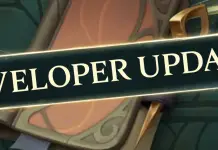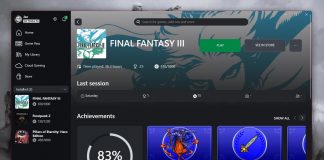Return to Part 1: Dumpster Diving
Continued from Part 44: The Legend of Kobo
For a time the term “multimedia” was one of the hottest buzzwords in the computer software industry. Although this boom would begin to recede with the bursting of the dot-com bubble, a number of individuals and firms staked both their futures and careers on the creation of bespoke interactive experiences, often in the service of marketing more established businesses and brands. Enter Lost Boys, an outfit based in the Netherlands intent on doing exactly that.
Their most lucrative client was the Dutch brewer Dommelsch, for whom Lost Boys created a number of on brand sports games which were once distributed for free on the Dommelsch website. One of these was Roll’m Up, a pinball game first distributed in 1997 for Microsoft Windows. Lost Boys themselves would then release Roll’m Up standalone, bringing it over to MacOS, Linux, and even BeOS to highlight the cross platform nature of their Lost Platform multimedia framework.
To install Roll’m Up I utilized the RPM package created by Australian Linux columnist John Murray, who largely seems to have taken over the hosting of the game after the Lost Boys website was taken down around 2002. Where this game excels is in the confidence of its presentation, with boisterous sound effects being matched up with smooth and colourful animations. When put against the popular X windows games of the day, Roll’m Up certainly was a shock to the senses.
The Lost Platform even boasts support for integrated video playback, as demonstrated by a short film playable by selecting the about screen. Bear in mind that Roll’m Up predates the arrival of the SMPEG library, which became Loki Software’s solution for playing video clips in their games. Even as late as 2002 video playback could still prove a sore spot under Linux, with BioWare having to forgo Bink video support in their initial Linux port of Neverwinter Nights.
More than anything else, Roll’m Up offered up a reasonable surrogate for any recent Linux converts who still found themselves itching to play a round of 3D Pinball for Windows – Space Cadet, the pinball table first created by Maxis which was included with several releases of Microsoft Windows. Curiously enough that game would later be ported over to Linux in 2021 by the process of decompliation and reverse engineering, and today is even playable from within your web browser.
Was there anything else like it for Linux? A few free software alternatives do exist, but they all have their own caveats. The best of these by far is Emilia Pinball, a full 3D engine which allowed for the creation of a handful of pinball tables which even boasts support for hardware acceleration through OpenGL. I was unable to get the 0.3.1 version of Emilia Pinball to build for me from the source tarball, but I was able to install it by rebuilding a source RPM package created for Fedora Core instead.
This release included two tables, although more would be added in later years, with the project still seeing the occasional burst of activity. Also worth noting is Spinball, a finalist from the CS 248 2000 Video Game Competition, in addition to the half baked effort that was Linball, and finally a pinball table created for use with the Crystal Space 3D engine. None of these provide the fantastic level of polish that Roll’m Up offers, allowing the game to still stay relevant for many years after its initial release.
What has not aged as well is the game’s function as an advertisement. As well as the expected prominence of the sponsor’s brand and product, included was even a system where players could accrue “Dommelsch points” that could be exchanged for the purchase of actual beer from the brewery. While now just being a broken system in the game, the ability to acquire alcohol through a free piece of software does raise eyebrows, especially since I know it got into the hands of children.
Roll’m Up also once sported an online high score table which has since been taken down, but an archive of the “Hall of Fame” from June 2001 shows that the top spot was held by one Alexander Babych, who managed to achieve an eye watering score of 894016643 along with 681142181 Dommelsch points. Roll’m Up also features a local multiplayer mode, where as many as four players get to take sequential turns competing for the greatest score.
It is a shame that Lost Boys were never able to uncouple their efforts even more, as I cannot help but feel that the games would shine even brighter if allowed to be taken on their own. Lost Boys would at least later find more honest work, with them creating educational software for the Anne Frank House as well as the Maritime Museum in Rotterdam, along with a few other corporate clients, before the eventual closure of the studio. If only there was a way to disrupt the flow of time.
Carrying on in Part 46: Bursting Bubbles
Return to Part 1: Dumpster Diving






































